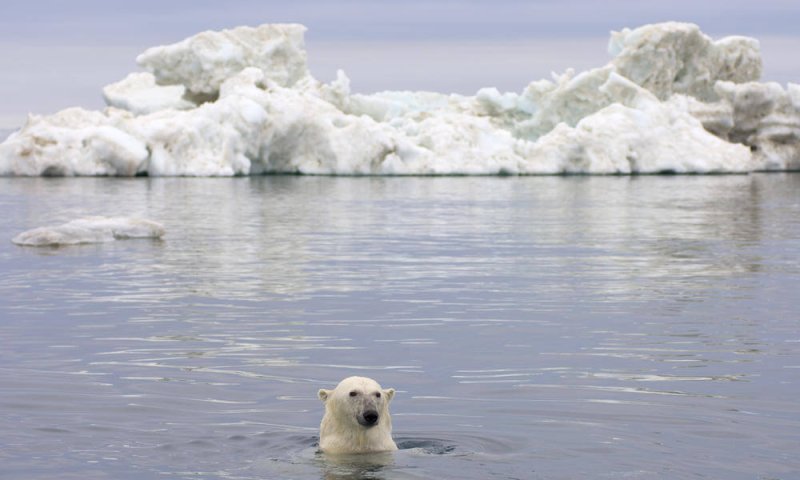The composition of our air and water is different from what it was even a few decades ago. There is over 20 percent more CO2 in the atmosphere today than in 1980. Our oceans are about 25 percent more acidic than they were pre- industrial revolution. We’ve fundamentally altered somewhere between three-quarters and 95 percent of the land on earth through infrastructure, agriculture, and resource extraction.
And, although exact numbers vary, scientists generally agree we’re losing biodiversity at a dramatic rate. One 2014 study estimates the current extinction rate is 1,000 times higher than it would be without human interference (and that it could accelerate to 10,000 times in the not-so-distant future). Species are disappearing fast.
“Some of them are lost, even before we know what we’re losing,” says Sally Otto, an evolutionary biologist at the University of British Columbia. But we’re not just altering the present state of biodiversity—we’re also strongly influencing its future.
Climate change, introductions of invasive species, and habitat fragmentation are just a few of the ways Otto says humans are “changing the course of evolution for every species on the planet.” Adding, “sometime in the last 200 years, we have become the species that most shapes the selective pressures of other species.”































